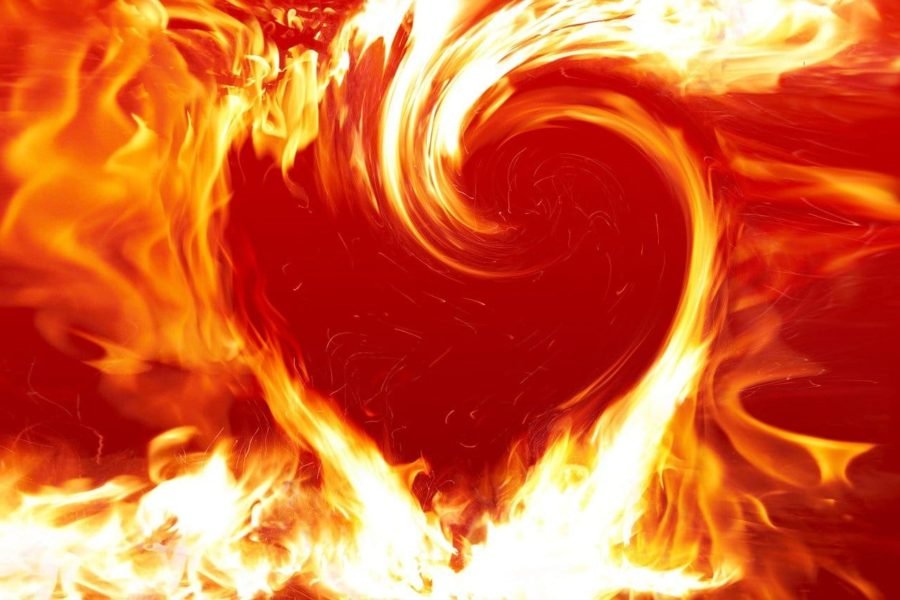The Subtle Power of Modern Literature
Modern literature occupies a space where language becomes a tool to explore the deepest recesses of human behavior. It engages readers with its nuanced ability to balance bold exploration and intimate reflection. Within its narratives lie stories that invite the audience to see the world through different lenses, often revealing truths that might otherwise remain obscured. These works do not confront directly; instead, they weave themes into their fabric so effortlessly that the impact grows slowly but surely, leading to profound realizations.
The allure of modern literature lies in its ability to combine emotional resonance with intellectual provocation. Writers today skillfully use elements like ambiguity, suggestion, and layered storytelling to draw readers into worlds that resonate long after the final page. Whether it’s found in contemporary prose or the evocative imagery of contemporary poetry, modern literature cultivates a gentle pull that fortifies connections between the reader and the text.
Exploring Emotion Through Controlled Subtlety
The emotional scope of modern works is vast but never overstated. They delve into longing, betrayal, or even moments of fleeting joy in a way that allows readers to infer meaning, creating a profound sense of personal investment. Whether it’s through the aching beauty of sad poetry books or the heart-wrenching narratives in sad romance novels, each piece offers glimpses into complex emotional territories.
This restraint in emotional depiction also invites introspection. Readers must engage with the text on a personal level, completing the picture through their own experiences and perspectives. The narratives of modern literature avoid simplification, opting instead for richness and complexity, where every action, word, or pause carries layers of meaning.
The Intriguing Dynamics of Power and Desire
Modern literature often experiments with themes of power, dominance, and desire, offering readers a safe space to explore such dynamics. These works take traditional tropes and reframe them, creating stories that feel familiar yet subversive. Through pieces like erotic book excerpts, themes of intimacy and control are expressed with elegance and depth, crafting a blend of emotional vulnerability and raw attraction.
Similarly, stories of infidelity, such as those shared in cheating wife confessions, delve into the complexities of human relationships. These narratives examine the boundaries of trust, the fragility of bonds, and the unspoken desires that shape our interactions. By exploring moral gray areas, such works provoke thought and conversation, subtly guiding readers toward reflection on their own choices and beliefs.
Nuanced Representations of Love and Longing
Love, in its many forms, remains a cornerstone of modern literature. Far from the clichés of the past, today’s writers offer intricate portraits of relationships that are as flawed and multifaceted as the individuals within them. The best love stories are captured in collections like best love poetry books, where tenderness and passion are distilled into words that linger in the reader’s mind.
Through rhyming love poems and other carefully crafted works, the boundaries of love are stretched, and longing becomes a mirror for self-discovery. These pieces do not merely depict romantic ideals; they reveal the tension between what we desire and what we fear, often leaving space for interpretation and introspection.
Invitations to Deeper Realizations
Modern literature thrives on subtlety and ambiguity, relying on its readers to engage with the text actively. By refusing to provide easy answers, it encourages exploration and interpretation, leaving its mark long after the story ends. Whether through the quiet tension of modern poets or the layered complexity of human desire in confessional stories, modern works invite readers to examine their emotions and instincts without overt direction.




